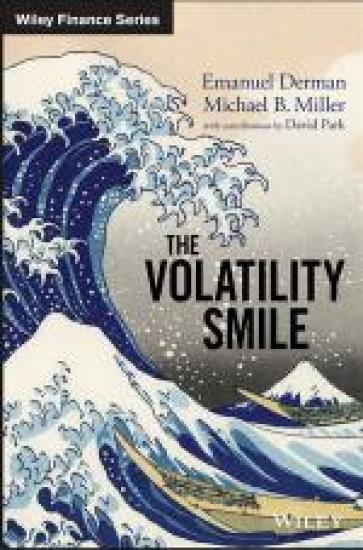
Rating: *****
Tags: Business & Economics, Investments & Securities, Analysis & Trading Strategies, General, Lang:en
Publisher: Wiley
Added: August 26, 2020
Modified: November 5, 2021
Summary
The Volatility Smile The
Black-Scholes-Merton option model was the greatest innovation
of 20th century finance, and remains the most widely applied
theory in all of finance. Despite this success, the model is
fundamentally at odds with the observed behavior of option
markets: a graph of implied volatilities against strike will
typically display a curve or skew, which practitioners refer
to as the smile, and which the model cannot explain. Option
valuation is not a solved problem, and the past forty years
have witnessed an abundance of new models that try to
reconcile theory with markets.
The Volatility Smile presents a unified treatment of
the Black-Scholes-Merton model and the more advanced models
that have replaced it. It is also a book about the principles
of financial valuation and how to apply them. Celebrated
author and quant Emanuel Derman and Michael B. Miller
explain not just the mathematics but the ideas behind the
models. By examining the foundations, the implementation, and
the pros and cons of various models, and by carefully
exploring their derivations and their assumptions, readers
will learn not only how to handle the volatility smile but
how to evaluate and build their own financial models. Topics
covered include: * The principles of valuation * Static and
dynamic replication * The Black-Scholes-Merton model *
Hedging strategies * Transaction costs * The behavior of the
volatility smile * Implied distributions * Local volatility
models * Stochastic volatility models * Jump-diffusion
models
The first half of the book, Chapters 1 through 13, can
serve as a standalone textbook for a course on option
valuation and the Black-Scholes-Merton model, presenting the
principles of financial modeling, several derivations of the
model, and a detailed discussion of how it is used in
practice. The second half focuses on the behavior of the
volatility smile, and, in conjunction with the first half,
can be used for as the basis for a more advanced course.
**